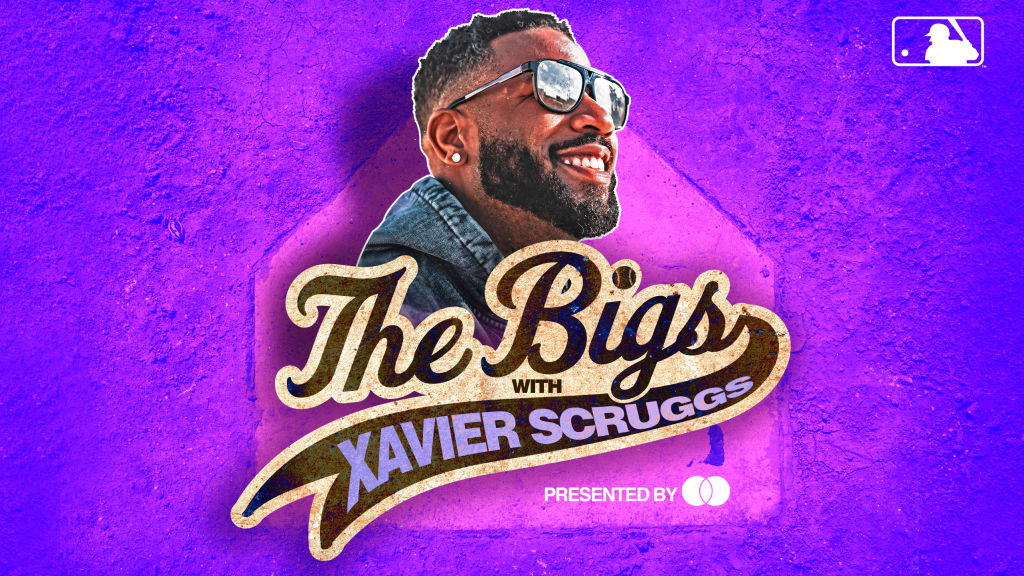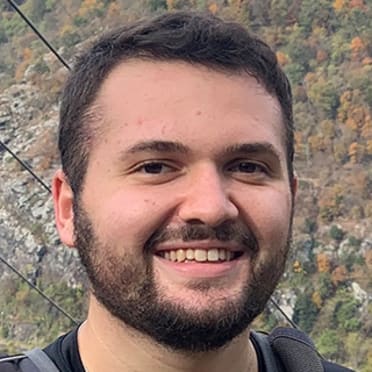
There was little doubt in Jack Flaherty's mind about the path he wanted to venture down. As a biracial individual who identifies as Black, with the platform he holds and with the groundswell of social justice movements on the heels of Minneapolis police officer Derek Chauvin captured on camera killing George Floyd, it was clear what his next steps should be.
Sharing his insights and emotions from the months following Floyd’s death on the pilot episode of the new MLB podcast, “The Bigs,” Flaherty said he talked with friends in his hometown of Los Angeles for advice, was pointed to documentaries and articles and ultimately penned a poignant mini essay on Instagram. With it, he intended to start a dialogue, intended to address his own potential short-sightedness growing up in “predominantly white communities” and intended to create a jumping-off point. In the time since, Flaherty has been at the forefront of athletes putting action to words.
For Eileen Flaherty, it was an unnerving path she saw her son go down.
“My mom was scared,” Flaherty said. “She was like, ‘It's a scary place to be in, because I don't want’ -- you know, she saw what happened to [Colin] Kaepernick. She's like, ‘There ain’t a lot of people in baseball like [that],’ and just she's like, ‘I don't want that. I don't want you to be hung out to dry and be like the only one.’”
These are the kind of experiences and lessons Flaherty has learned over the past 12-plus months since the murder of Floyd -- experiences he shared with former big leaguer Xavier Scruggs on the latter’s new podcast, “The Bigs.” Announced in conjunction with “Llamada al Bullpen,” which is focused on the game’s best Latino players, Scruggs’ show will dive into honest conversations with some of the game’s biggest stars, including Tim Anderson, Trey Mancini, Kolten Wong and others, out each Wednesday starting June 16.
But there was hardly a more perfect initial guest than Flaherty, the ace of a Cardinals organization Scruggs was drafted into and spent seven years with, now working as a Diversity, Equity and Inclusion consultant in their front office.
Flaherty has an incredibly close bond with his mother, adopted by her as a single mom when he was three weeks old. She would take him to Dodgers games, where he’d be locked in on some of the game’s brightest stars in Hollywood, not “running up and down the aisles, you know how kids [are].”
She was worried, as Flaherty started to speak up, that he could receive a similar treatment to Kaepernick, the NFL quarterback who “was pretty much blackballed,” Flaherty said, after protesting police brutality and racial injustice by kneeling during the national anthem. Or, closer to home, she feared a similar treatment to former A’s catcher Bruce Maxwell, who spent parts of two seasons out of professional baseball in the U.S. after conducting a similar protest.
“There's been the conversations that we’ve all had, backing Bruce and backing each other through all of this and making sure everything's more unified,” Flaherty told Scruggs. “So it's been an interesting road to take. But whatever you do, everybody is a human being first.”
Words spoken by Flaherty in 2020 have quickly turned to action. Multiple times this year he has engaged with the St. Louis community. The first was in conjunction with an endorsement deal with BodyArmor sports drink, which saw a $5,000 donation from Flaherty to the Boys & Girls Clubs of Greater St. Louis in March.
But it went further. In April, Flaherty surprised a local Boys & Girls Club with a donation of thousands of books -- some of his favorites from childhood -- purchased from EyeSeeMe, a Black-owned and African American children's bookstore in University City.
Actions, words -- coming together in unison.
“I never ever saw myself having the role that I have now, at all,” Flaherty told Scruggs. “I was hoping to never have to be in a position to have to talk about what's gone on throughout 2020. This isn't a time for sports to become a distraction, it's not a time to forget about everything that just went on and the protests that went on. It's trying to use sports and trying to find a way to keep the conversation going.”
